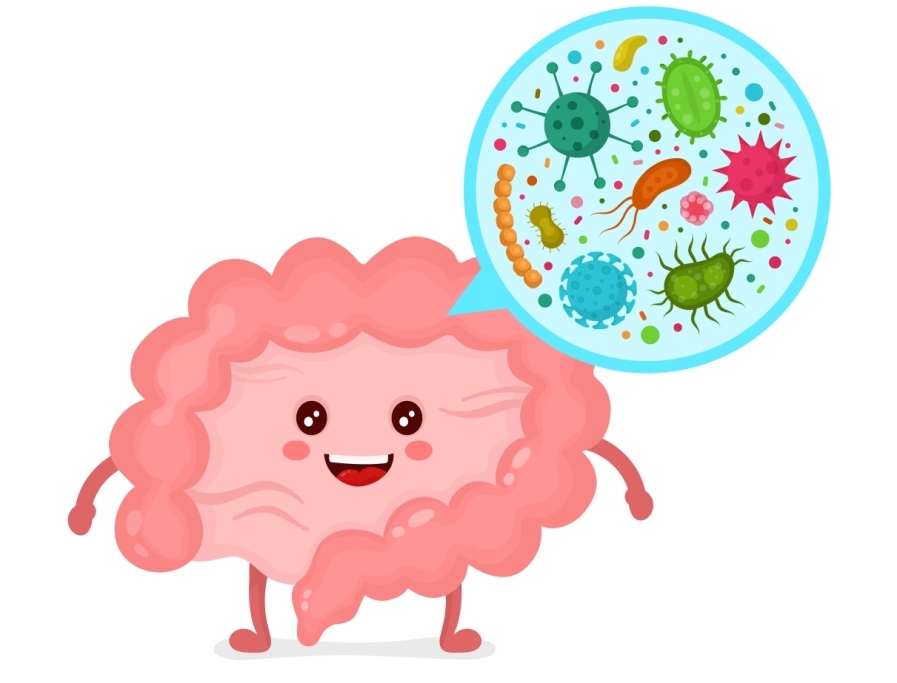How Fermented Foods Boost Your Immune System
Wash your hands. Don’t touch your face. Avoid crowds. All this advice, and lots more, is sensible in a time of the worldwide pandemic of COVID-19, the disease caused by the new corona virus.
But what you don’t hear a lot about is your own body’s first line of defense against this or any other disease: your immune system. The stronger your immune system, the less likely you are to experience the virus’s worst symptoms. The latest Centers for Disease Control estimate is that for the entire population, the death rate is probably about one percent, and while much higher for the elderly, CDC estimates that about 90 percent of those over 80 will recover.
In recent years, scientists have discovered the importance of the microbiome—that mass of gut bacteria that lives in your intestines—to the strength of your immune system. At wildbrine, we make products that support the health of this microbiome, bolstering your defense against COVID-19 in significant ways. Here’s what you need to know.
How Fermented Foods Help Boost Your Immune System
Just in the last few years, cell scientists have discovered that the immune system has three parts, all dependent on one another for their health. The three interdependent parts are 1) the diet of the host (that’s what you eat); 2) the cells that line the intestines and produce cells and substances that attack disease-causing invaders such as viruses; and 3) the microbiome, or mix of bacteria that lives in our gut and aids in digestion and regulates the strength of the immune system. [see reference]
These three aspects of the immune system are symbiotic; that is, their optimum strength and health require that the three work together. This means that the human host should eat prebiotic and probiotic foods that gut bacteria like. They like fermented vegetables, yes, but also lots of leafy greens and fruits, root crops, soluble fiber, and cabbage family vegetables.
The cabbage family foods are especially important. They provide the links that hold what are called AHR molecules to nutrients in our foods that feed our gut bacteria and boost the immune system. These AHR molecules are proteins that recognize a wide range of substances in the body. They’re like the blood police, blowing the whistle on metabolic bad guys. The whistles activate genes that fire up the immune system so the unhealthy invaders or substances can be attacked and removed. The science team that first described this function of the immune system concluded, “Our results establish a molecular link between nutrients and the formation of immune system components required to maintain intestinal health and resistance to infections.” [see reference]
Wildbrine products that contain fermented cabbage family vegetables are the very foods that science says can enhance the health of our three-part immune system. They include 10 kinds of sauerkraut and three kinds of kimchi. Besides its direct effect on the immune system, a study in the Journal of Medicinal Food showed that kimchi reduces the amount of low-density cholesterol in the blood, which is the “bad” kind that causes clogged arteries. And cardiovascular problems exacerbate the ill effects of COVID-19 disease. [see reference]

A number of scientific papers try to assess exactly how the gut microbiome affects viral infections, but there are no definitive answers, at least not yet. Evidently, some viruses are rendered inoperable by the microbiome, but others are actually enabled to spread. The novel corona virus causing the current outbreak has not yet been studied in this way. Other papers found that when a person is generally unhealthy, viruses have an easier time causing disease. “The status of the immune system and stability of the microbiome dictates responsiveness to newly-encountered pathogens,” concludes a paper on “The Intestinal Microbiota and Viral Susceptibility.” [see reference]
Fermented vegetables are metabolized by the gut bacteria and produce a short chain fatty acid called butyrate that has a heap of health benefits. The cells that line our intestines manufacture killer cells that are the soldiers who roam our bodies, looking for pathogens—including viruses--to kill. These gut lining cells repair and replenish themselves by feeding on butyrate. Without butyrate, our immune system would weaken and diseases could gain control. And so our gut bacteria feed the cells that produce the immune boosting effects that keep us healthy and disease-free.
By eating probiotic fermented foods we stimulate and support the gut bacteria that produce the food for our intestinal cells that create the immune system. Sort of like the three co-equal branches of government laid out in the Constitution. So, during this viral onslaught, we encourage you to eat fermented foods with abandon, whether they are wildbrine, homemade or other brands.
About the Author: Sonoma County resident Jeff Cox is the author of 24 books, including The Essential Book of Fermentation (Avery, 2013)